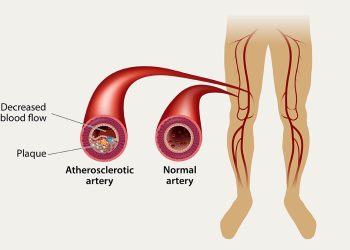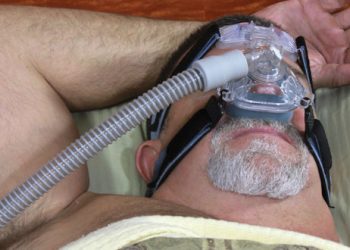Heart disease remains the leading cause of death in the United States, with a heart attack occurring every 34 seconds. However, proactive measures can significantly reduce the risk of cardiovascular disease. Understanding how heart health changes with age and adopting preventive habits early can help maintain a strong, healthy heart throughout life.

Heart Health in Your 30s and 40s
Why Your 30s and 40s Matter for Heart Health
While heart disease is more commonly associated with older adults, its foundation often begins much earlier. Lifestyle choices made in your 30s and 40s can set the stage for long-term heart health.
Assessing Your Risk Factors
- Family History: If your parents, grandparents, or siblings have experienced heart disease, share this information with your doctor.
- Cholesterol and Blood Pressure: Regular screenings for cholesterol levels and blood pressure are essential, even if you feel healthy.
- Obesity and Diet: Being overweight increases strain on the heart, making healthy eating and portion control crucial.
Heart-Healthy Habits to Start Now
- Nutritious Diet: Focus on whole grains, lean proteins, vegetables, and fruits while minimizing processed foods and excess sugar.
- Exercise Regularly: Aim for at least 150 minutes of moderate exercise per week, such as brisk walking or swimming.
- Limit Alcohol and Avoid Smoking: Excessive alcohol and smoking significantly increase heart disease risk.
- Manage Stress: Chronic stress can lead to high blood pressure and heart complications.
Heart Health in Your 50s and 60s
Understanding the Increased Risk
As we age, maintaining a healthy lifestyle can become more challenging due to factors like hormonal changes, reduced metabolism, and joint issues. However, staying proactive can prevent serious heart conditions.
Key Preventive Measures
- Regular Screenings: Monitor cholesterol, blood pressure, and blood sugar levels regularly.
- Weight Management: Speak to your doctor if weight gain is becoming an issue. Adjusting your diet and choosing low-impact exercises, such as swimming or walking, can help.
- Medication Adherence: If prescribed medications for blood pressure, cholesterol, or diabetes, take them as directed.
- Stay Active: If high-impact activities are difficult, modify your routine. Activities like yoga and cycling are excellent alternatives.
- Healthy Sleep Habits: Poor sleep can elevate stress and blood pressure levels. Aim for 7-9 hours of restful sleep per night.
Warning Signs of Heart Disease
It’s essential to be aware of potential symptoms of heart disease, such as:
- Shortness of breath
- Chest pain or discomfort
- Unexplained fatigue
- Irregular heartbeat
- Swelling in the legs, ankles, or feet
If you experience any of these symptoms, seek medical attention immediately.
Heart Health in Your 70s and Beyond
Maintaining a Healthy Lifestyle in Later Years
By your 70s, maintaining heart health requires vigilance. At this stage, muscle mass and bone density naturally decline, but staying active can slow these effects.
Key Focus Areas
- Heart-Healthy Diet: Continue to prioritize heart-friendly foods such as nuts, seeds, leafy greens, and omega-3-rich fish.
- Medication Management: Work closely with your healthcare provider to ensure that medications are optimized for your needs.
- Stay Socially Active: Social interactions help lower stress and promote emotional well-being.
- Routine Check-ups: Regularly check cholesterol, blood pressure, and signs of arrhythmia or other conditions.
FAQs
1. What is the biggest risk factor for heart disease?
The most significant risk factors for heart disease include high blood pressure, high cholesterol, smoking, obesity, and a sedentary lifestyle. Family history also plays a crucial role.
2. How often should I get my heart checked?
Adults should have a heart health check-up at least once a year. However, if you have risk factors like high blood pressure or diabetes, more frequent visits may be necessary.
3. Can I reverse heart disease with lifestyle changes?
While some effects of heart disease can be managed or even improved through a heart-healthy diet, exercise, and medication, severe cases may require medical intervention such as surgery or stents.
4. Is heart disease hereditary?
Yes, genetics play a role in heart disease. If close family members have suffered from heart conditions, you may be at an increased risk and should take preventive measures.
5. What are the first signs of heart trouble?
Early warning signs of heart disease include chest discomfort, shortness of breath, fatigue, dizziness, and an irregular heartbeat.
6. How can I improve heart health in my 30s?
Focus on maintaining a balanced diet, regular exercise, stress management, and regular medical check-ups. Avoid smoking and limit alcohol consumption.
7. Does menopause increase heart disease risk?
Yes, after menopause, women experience a drop in estrogen levels, which may increase the risk of heart disease. Regular check-ups and lifestyle modifications are crucial.









